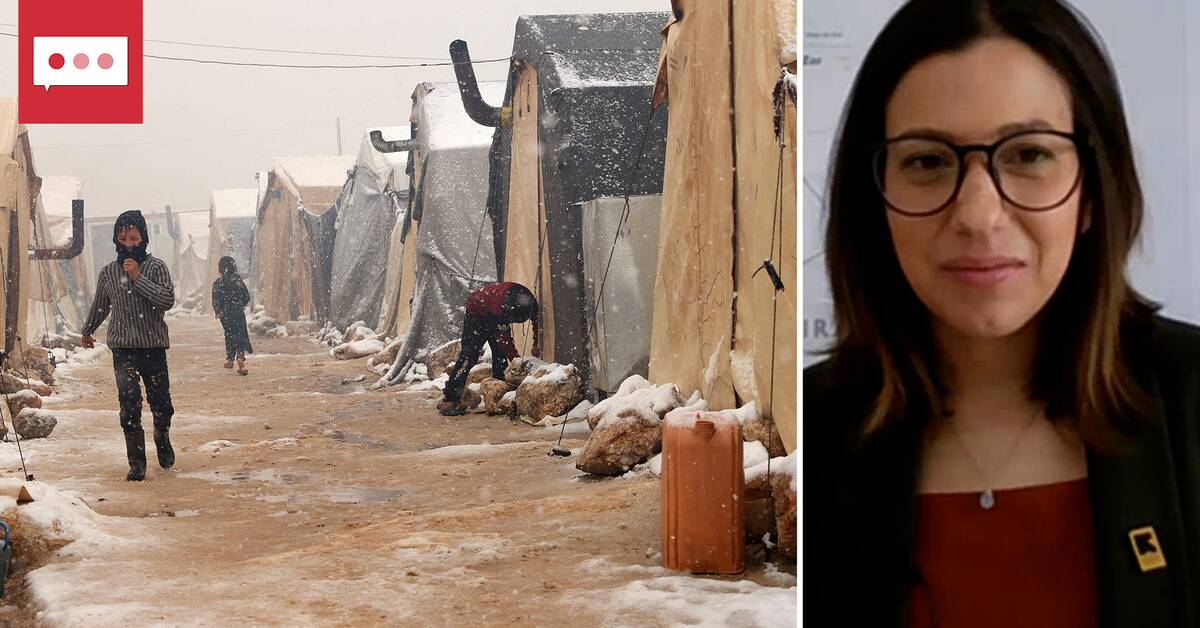14.6 million people in Syria are said to be in need of humanitarian aid - which is a record high level, says Tanya Evans, Syria's head of the International Rescue Committee in Jordan.
The various difficulties that the population faces include ongoing conflicts, but above all the economic situation has led to widespread poverty and famine, she says.
Drought and famine
Syria's wheat production has decreased by 50 percent since 2020 and prices have risen to record levels.
In addition, 2021 experienced the worst drought in over 70 years.
This has led to poor harvests and affected access to water and food for millions of people.
- The majority of all households now face having to choose between food at the table or heating in their homes.
Then many choose the limited food they can afford, and burn abandoned tires and other toxic scrap to heat their homes, says Tanya Evans.
The Ukraine crisis is exacerbating the situation
Russia is the world's largest exporter of wheat.
Ukraine is also among the top five largest exporters of wheat and cereals in the world.
Together, they dominate the world market and largely set market prices.
Since half of Syria's harvest failed in 2020 and 2021, the country has been dependent on wheat imports, especially from Ukraine and Russia.
- The ongoing war in Ukraine and the Western world's sanctions on Russia will undoubtedly have long-lasting effects all over the world, but above all it will affect countries that are already affected by conflict and which are largely dependent on wheat from Russia.
The war is still going on
Hundreds of thousands of people have been killed in Syria since 2011 and half of the country's population has been forced to flee.
Despite a ceasefire in March 2020, however, bombings and shelling continue in many areas.
Civilian targets are also still exposed.
Then it is important that the international community does not forget Syria, says Tanya Evans.
- When we enter the 12th year, we must not forget the people in Syria and in other countries where war is still going on, says Tanya Evans.
People depend on outside help.

